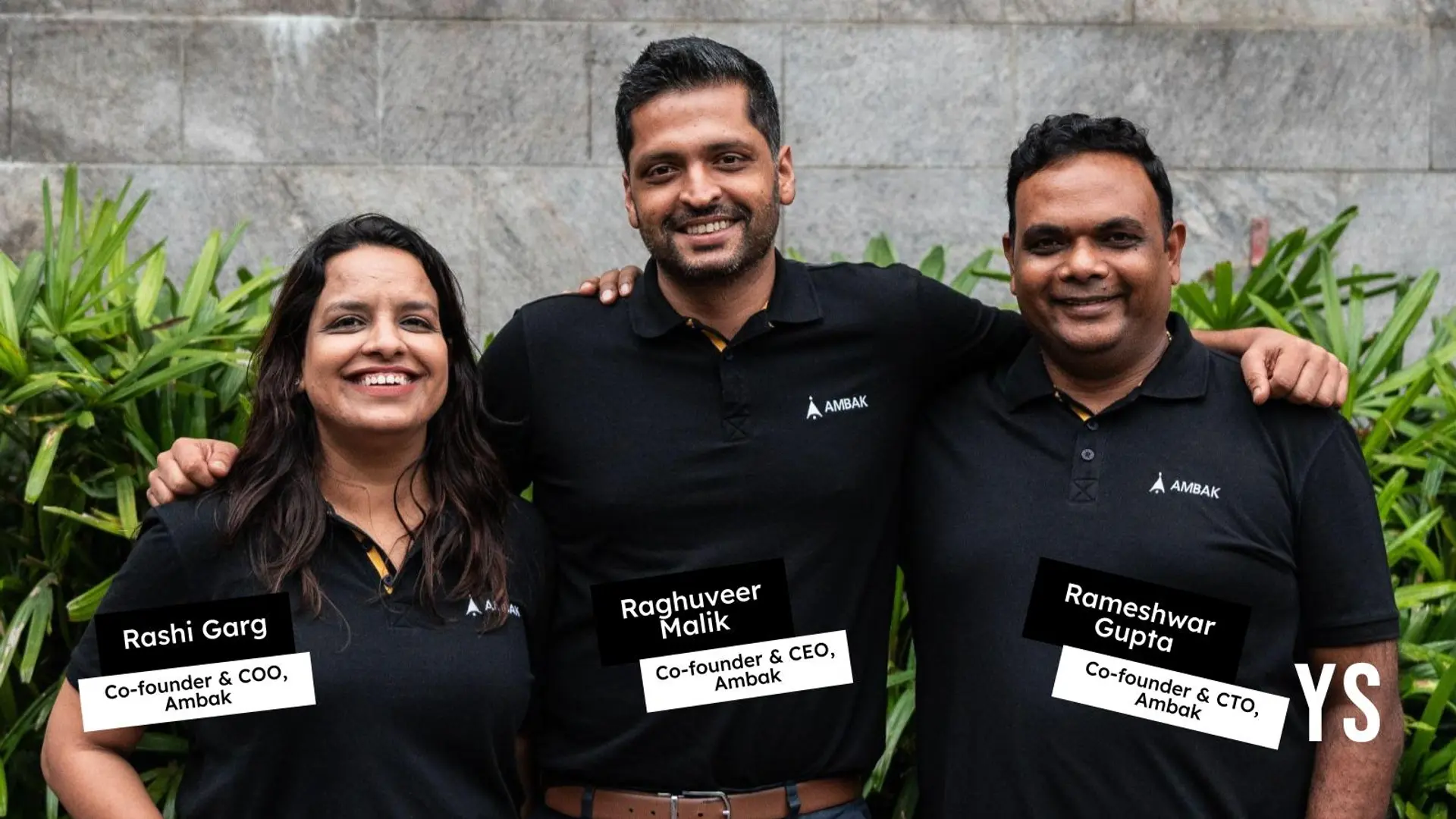Do’s and don’ts to secure startup funding
With great leadership, a good team and vision, and sufficient funds, ideas take flight, transform into a startup business and allow for that business to sustain and grow.
You may have a great innovative idea that you ambitiously plan to execute, but it won’t become a business unless you have the drive, focus, and access to funds to jumpstart and feed the business as it grows.
Increasingly, startups harness funding to nurture business development and success. They implement strategic plans and methodologies to identify routes to attract and timely inject funds from various sources, including venture capitalists, angel investors, and crowdfunding sites.

One of the initial, effective steps to attract and secure funding for a startup is to have an executive summary of your business plan in hand. There are many investors who would like to first understand your business plan before they decide to fund. Your executive summary is often the first impression potential investors get about your venture. Therefore, it should efficiently outline your vision and business trajectory to well explain your idea to the stakeholder.
In addition to your executive summary, a business plan is crucial. An effective business plan outlines your vision, industry context and the problem(s) your company addresses, addressable market size, what you’ve accomplished thus far, highlights your till-date revenue and expenses, provides projections of what your growth will be with capital infusion and sets precedent of your company’s investment viability by citing relevant examples. Be sure to iterate your executive summary and business plan so that it incorporates and addresses frequently asked questions and feedback you receive from informed experts and investors.
As your executive summary and business plan begin to spark interest from potential investors, here are a few more tips to keep in mind as you seek funding opportunities:
Do’s:
- Have a vision.
- Articulate the problem you are solving clearly and concisely.
- Demonstrate how you have solved the problem in the real world with clients/users.
- Turn the corner from having a great idea to one that generates revenue.
- Get feedback from your users and clients and analyse behaviour analytics to understand what can be done to improve usability, user experience, and usage.
- Showcase that you are able to keep testing, iterating, and innovating.
- When pitching, be clear, to the point, and upfront in your responses – you are a startup; as investors, we already know you don’t have everything figured out.
- Find partners, not just investors. Many investors have money in India but don’t have the accompanying experience. Be mindful of where the money is coming from and whether the people providing it can help you achieve your goals.
Don’ts
- Build a business that you can’t first test or implement successfully in your ‘own backyard’.
- Hide financial realities as you continue to meet and build a rapport with investors – no investor wants to find out for the first time that you’re carrying a three crore debt during due diligence.
- React to all feedback – listen, respond, and make decisions based on what is in the best interest of your company.
- Initiate a venture without having an understanding of the financial aspects of your startup: the cost of your product/services, what you can sell it for, how much you can sell by when, what funds you will need to scale.
Conclusion
Remember, one of the most important, initial milestones of successful startup is that it’s able to prove its viability in the market. Stay focussed on this objective. As you seek funding, keep in mind that your investors should be your partners – giving you the advice, input, and funding to help your startup grow and sustain.
About the Author- Anjli Jain is an India-born, US-raised and educated entrepreneur. She is the Managing Partner of Entrepreneurship & Venture Capital and several other startups. After living in India for three years, she established accelerators in Gurgaon and Bangalore through which she actively invests in, mentors and incubates Indian-based startups.







